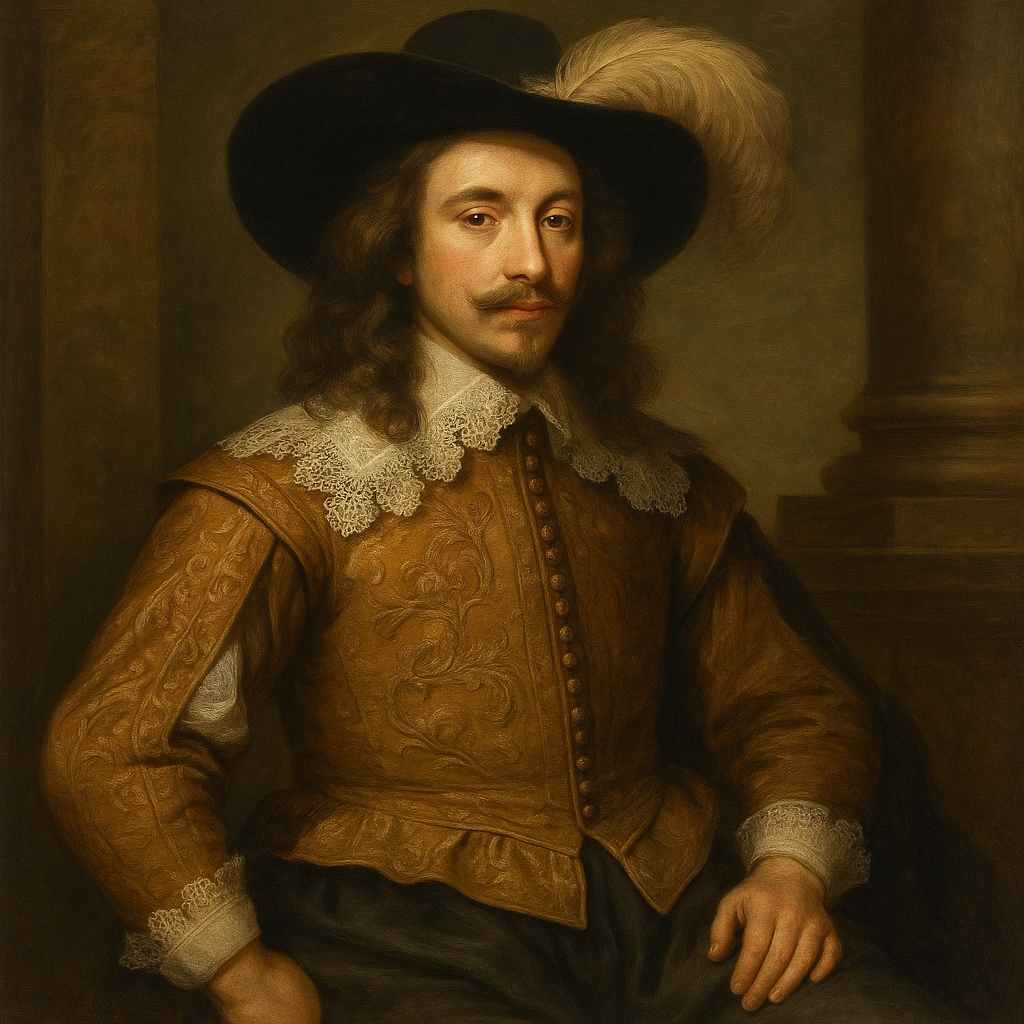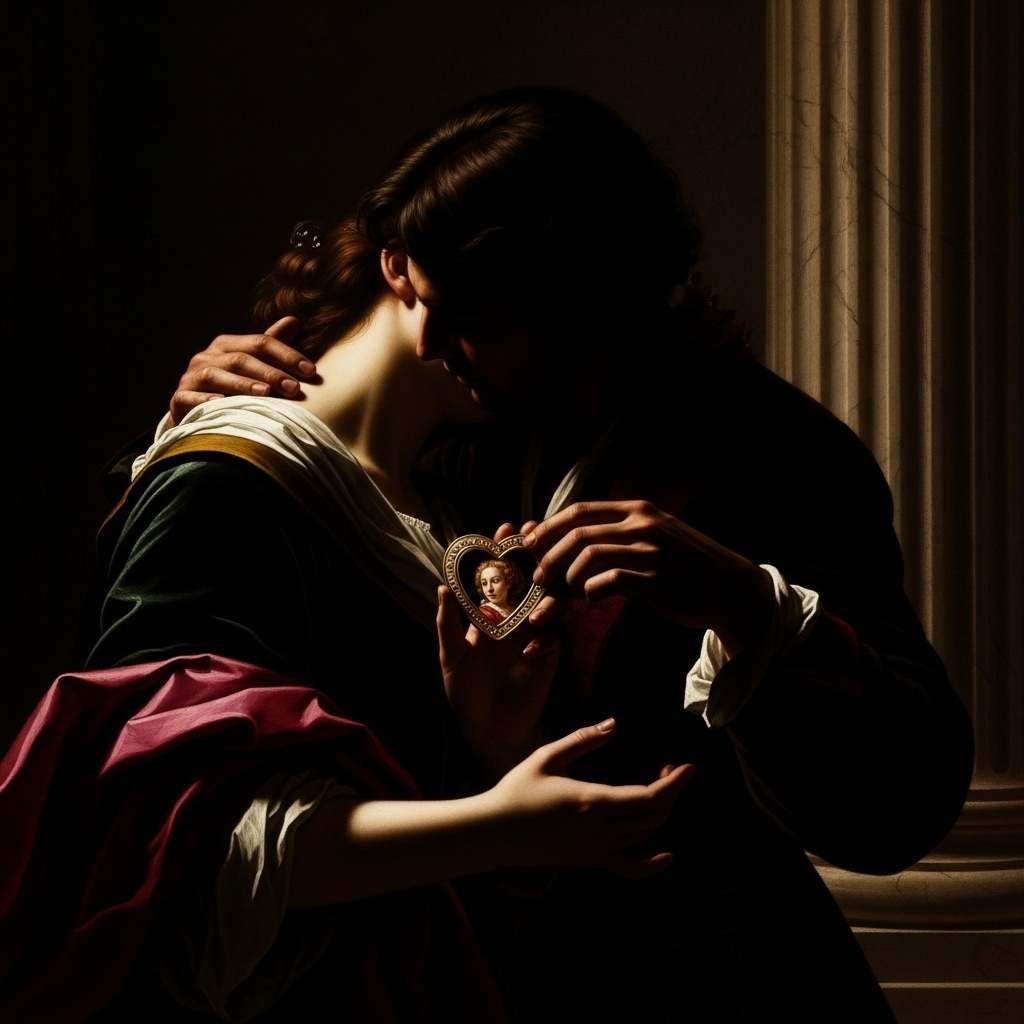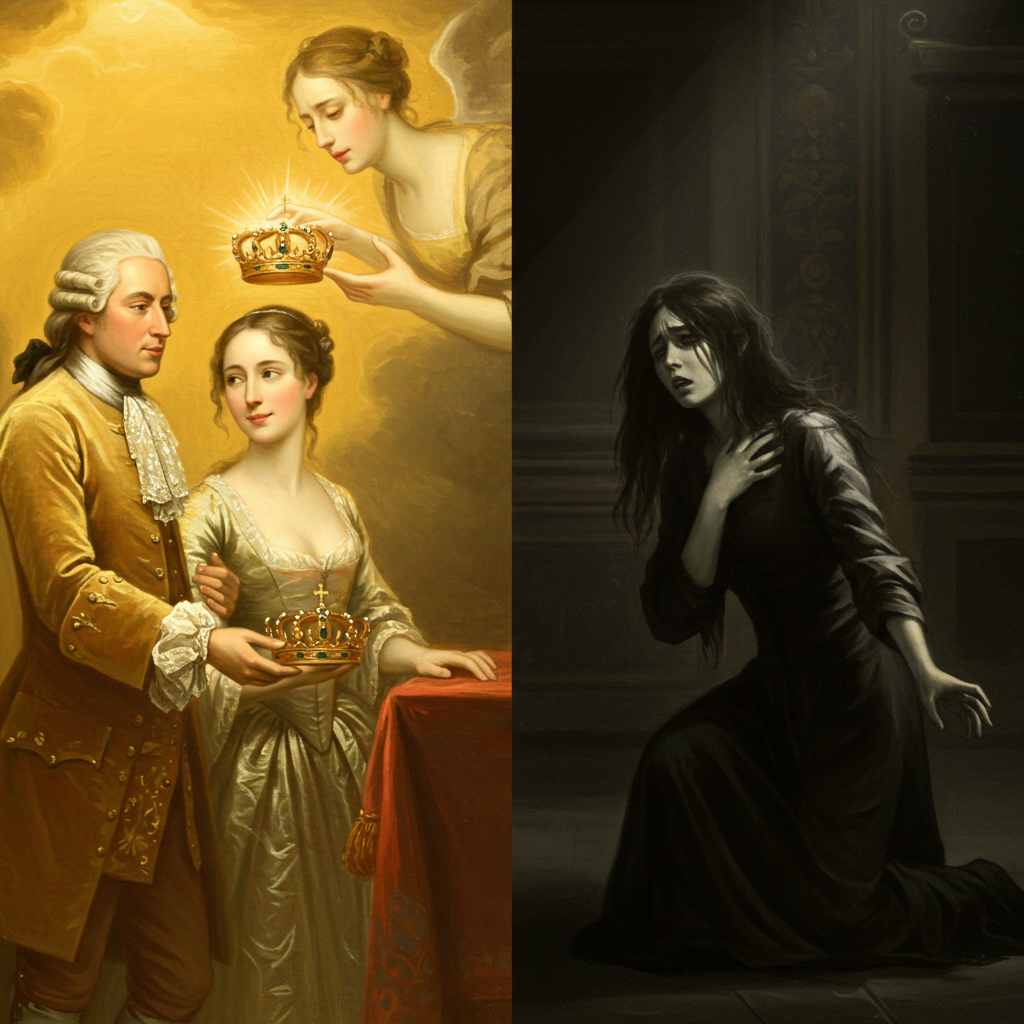4 Poems by Thomas Carew
1595 - 1640
Thomas Carew Biography
Thomas Carew, a distinguished English poet of the Cavalier school, flourished in the early 17th century during the reign of Charles I. Born in 1595 in West Wickham, Kent, Carew came from a prominent family with strong connections to the royal court. His father, Sir Matthew Carew, served as Master in Chancery, which provided young Thomas with early exposure to the intricacies of courtly life that would later inform his poetic sensibilities.
Carew's education began at Merton College, Oxford, in 1608, but he left without taking a degree - a not uncommon practice for young men of his social standing at the time. Following his departure from Oxford, he pursued legal studies at the Middle Temple in London. However, like many of his contemporaries who would later become renowned poets, Carew found the law less appealing than the vibrant literary and cultural scene of early Stuart England.
The formative years of Carew's career were marked by diplomatic service. In 1613, he accompanied Sir Dudley Carleton on an embassy to Venice, an experience that undoubtedly broadened his cultural horizons and exposed him to Continental literary influences. This sojourn in Italy, the cradle of the Renaissance, likely contributed to the refined classicism that would later characterize his verse. Upon his return to England, Carew's wit, charm, and poetic talent quickly gained him favor in courtly circles.
By the 1620s, Carew had established himself as a prominent figure in the court of Charles I. His appointment as Gentleman of the Privy Chamber in 1630 cemented his position within the inner sanctum of royal society. This proximity to power and privilege provided Carew with the perfect milieu in which to develop his poetic craft, surrounded by fellow wits and artists who shared his predilection for elegant verse and sophisticated wordplay.
Carew's poetry is characterized by its polished style, metrical precision, and thematic focus on love and courtly life. His work exemplifies the Cavalier ethos, with its emphasis on grace, wit, and a carpe diem philosophy. Unlike the more religiously inclined metaphysical poets of his era, such as John Donne and George Herbert, Carew's verse tends towards the secular and the sensual, often exploring the intricacies of romantic relationships with a blend of passion and intellectual rigor.
One of Carew's most celebrated poems, "A Rapture," showcases his ability to meld classical allusion with erotic imagery, creating a work that is at once learned and deeply sensual. This poem, along with others like "To His Inconstant Mistress" and "The Spring," demonstrates Carew's mastery of the lyric form and his skill in crafting intricate conceits that would have delighted his sophisticated audience.
Carew's magnum opus is often considered to be his elegy "An Elegy upon the Death of the Dean of Paul's, Dr. John Donne." This work not only pays tribute to one of the greatest poets of the age but also serves as a meditation on the nature of poetry itself. In this elegy, Carew displays his deep understanding of Donne's revolutionary poetic style while asserting his own place within the evolving literary landscape of 17th-century England.
Despite his reputation as a courtier poet, Carew's work often transcends mere flattery or frivolity. His poems frequently grapple with complex emotions and philosophical questions, albeit clothed in the elegant language of the court. For instance, "The Pretensions of Poverty," while ostensibly a light-hearted piece, subtly critiques the societal values of his time and reflects on the nature of true wealth and contentment.
Carew's influence on English poetry extends beyond his own compositions. As a member of the "Tribe of Ben" - a group of poets who admired and emulated Ben Jonson - he played a crucial role in shaping the literary tastes of his generation. His refinement of the courtly lyric paved the way for later poets like Edmund Waller and helped establish a poetic tradition that would culminate in the Augustan age of English literature.
The exact date of Carew's death is uncertain, but it is believed to have occurred in 1640. His relatively early demise (he was likely in his mid-forties) cut short a brilliant career, leaving literary historians to speculate on what further heights he might have achieved had he lived longer. Nevertheless, his body of work, though not extensive, secured his place as one of the most significant poets of the Caroline era.
Carew's poetry was first collected and published posthumously in 1640 under the title "Poems," a volume that would see several subsequent editions. This collection ensured his legacy and influence long after his death, allowing future generations of poets and scholars to appreciate the subtle artistry of his verse.
In studying Carew, one gains insight not only into the literary conventions of early 17th-century England but also into the intricate social and cultural dynamics of the Caroline court. His work serves as a bridge between the metaphysical complexity of Donne and the polished neoclassicism that would dominate English poetry in the latter half of the century. For scholars and enthusiasts of English literature, Thomas Carew remains a fascinating figure - a poet whose elegant verses continue to offer rich rewards to those who delve into the nuances of his carefully crafted lines.
This text was generated by AI and is for reference only. Learn more
Username Information
No username is open
Everything is free to use, but donations are always appreciated.
Quick Links
© 2024-2025 R.I.Chalmers (V2Melody).

All music on this site by R.I.Chalmers (V2Melody) is licensed under a Creative Commons Attribution-NonCommercial 4.0 International License.
Attribution Requirement:
When using this music, you must give appropriate credit by including the following statement (or equivalent) wherever the music is used or credited:
"Music by R.I.Chalmers (V2Melody) – https://v2melody.com"
Support My Work:
If you enjoy this music and would like to support future creations, your thanks are always welcome but never required.
Thanks!





